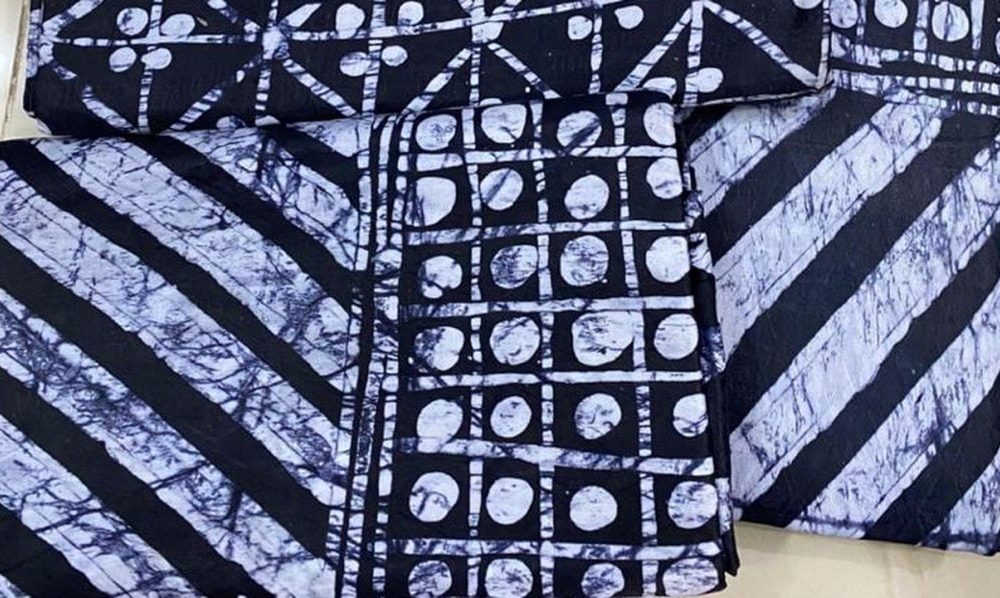The federal government has revealed that the country’s neglect of the textile industry has cost Nigeria over N30 billion in raw material imports.
The government expressed regret over the loss, emphasizing that these funds could have bolstered foreign exchange (FX) liquidity within the country.
Data from the National Bureau of Statistics (NBS) paints a grim picture of the industry’s decline.
The number of textile factories in Nigeria has dropped from 200 to just 20, while employment has plummeted from over 500,000 workers to only 20,000.
The downturn is attributed to several factors, including the high cost of imported textile raw materials, an influx of cheaper Asian products—especially from China—smuggling, and the importation of substandard fabrics.
Dr. Kingsley Uzoma, Senior Special Assistant to the President on Agribusiness & Productivity and Housing, discussed these challenges in an interview, noting that President Bola Tinubu is determined to revitalize the economy by diversifying revenue and foreign exchange sources. He said the president is prioritizing the non-oil sector, with a focus on cotton, cocoa, cashew, and rubber to drive economic growth.
Dr. Uzoma also highlighted efforts to revive the textile industry, which has been neglected for years.
He revealed that Vice President Kashim Shettima recently hosted a meeting at the Presidential Villa with key stakeholders, including the governors of Lagos and Imo states, to discuss strategies for rebuilding the industry.
“Cotton was once a major contributor to our GDP and a significant employer,” Uzoma said.
He referenced the days before Nigeria’s implementation of the Structural Adjustment Programme (SAP), when northern Nigeria alone had 1.2 million cotton farmers, and 700,000 Nigerians were directly and indirectly employed in the textile and garment industry.
In addition to supplying domestic markets, Nigerian-made garments were exported to neighboring countries like Benin, Gabon, and Equatorial Guinea, bolstering regional trade.

